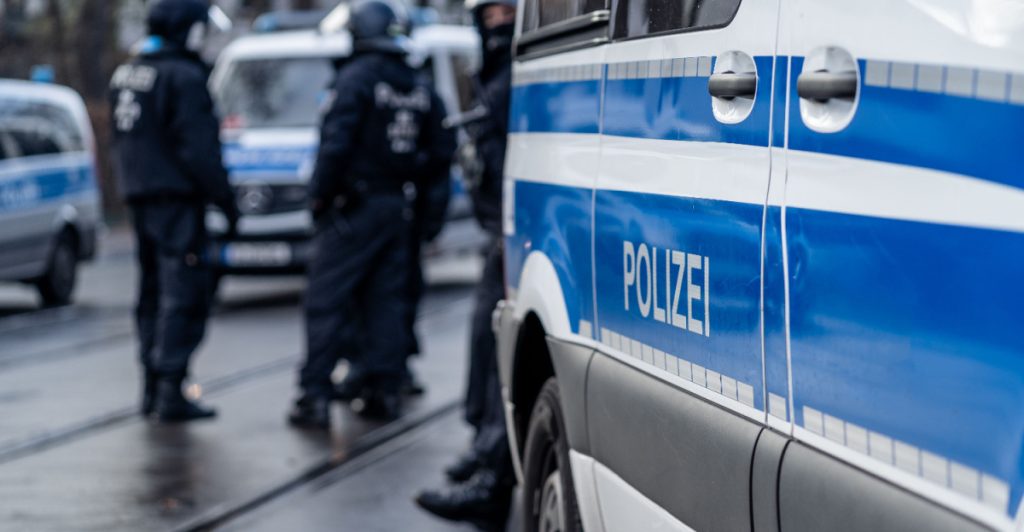The arrests spark new concerns over covert operations and security in Europe.
Others are reading now
In recent months, security threats across Europe have prompted heightened scrutiny of suspicious activities and international sabotage plots. German authorities are now focusing on an alarming case involving potentially explosive parcels that triggered fears of a broader campaign of destabilization.
Arrests Linked to Parcel Bomb Plot
German prosecutors announced on Wednesday the arrest of three Ukrainian nationals suspected of acting as foreign agents in a plot to sabotage critical infrastructure. According to HotNews, two suspects, identified only as Vladyslav T. and Daniil B., were detained in Germany over the weekend. The third, Yevhen B., was arrested in Switzerland.
Prosecutors said the suspects were in contact with individuals linked to Russian state institutions and were allegedly prepared to commit arson and procure explosives. The investigation began after a series of incendiary devices sent via parcels caught fire while being transported across Europe.
The parcels, originating from multiple European countries, contained consumer electronics and flammable liquids, and were apparently intended to damage logistics infrastructure. Germany’s domestic intelligence agency BfV and federal police agency BKA warned logistics companies of the threat last August.
Also read
Suspected Russian Involvement and Escalating Threat
The investigation intensified after a July 2024 incident at a DHL logistics hub in Leipzig, where a package caught fire under suspicious circumstances. Thomas Haldenwang, head of Germany’s domestic intelligence service, publicly suggested that Russian operatives were behind the sabotage attempt.
“If that package had exploded mid-flight, it would have led to an aviation disaster,” Haldenwang told lawmakers at a parliamentary hearing.
He described the Russian threat as evolving from a “storm” into a “full-blown hurricane,” impacting states from the Baltics to Poland and now reaching German territory.
Authorities continue to investigate possible Russian links to the incendiary parcels, although prosecutors have so far refrained from confirming direct Kremlin involvement.
The case is officially classified as “aggravated arson with intent to cause serious damage.”
The arrests represent the latest chapter in Europe’s struggle against covert sabotage and hybrid threats amid deteriorating East-West relations.


